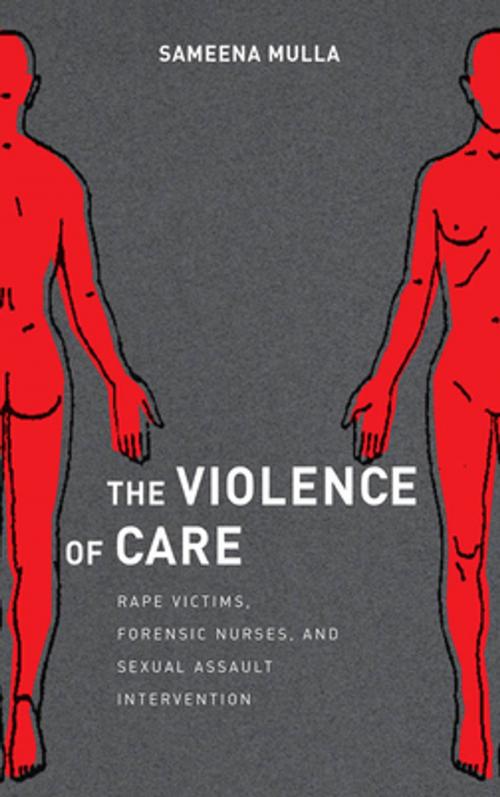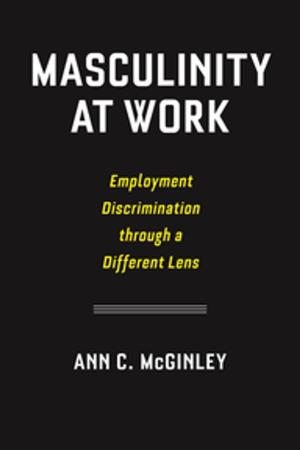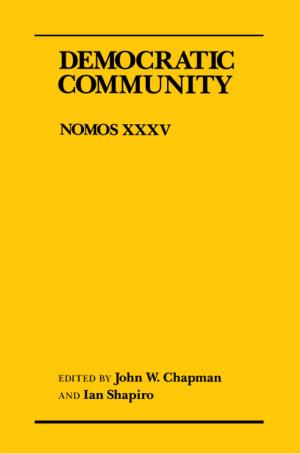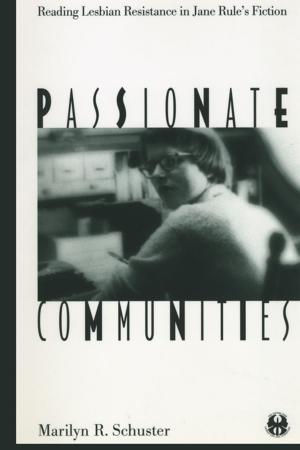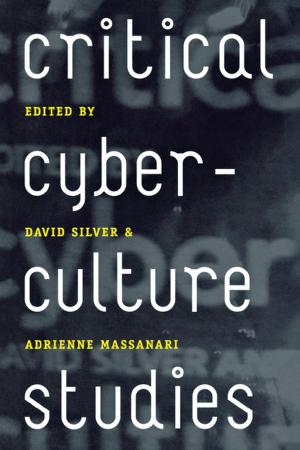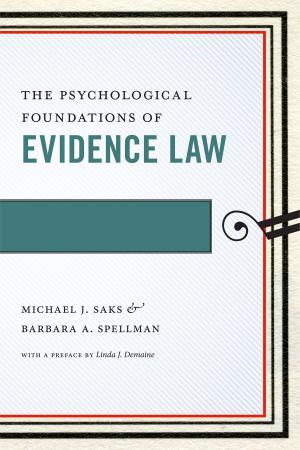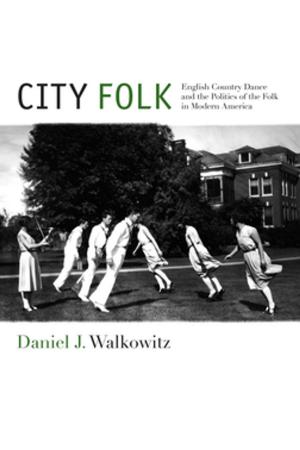The Violence of Care
Rape Victims, Forensic Nurses, and Sexual Assault Intervention
Nonfiction, Health & Well Being, Psychology, Social Psychology, Social & Cultural Studies, Social Science, Anthropology| Author: | Sameena Mulla | ISBN: | 9781479858200 |
| Publisher: | NYU Press | Publication: | August 29, 2014 |
| Imprint: | NYU Press | Language: | English |
| Author: | Sameena Mulla |
| ISBN: | 9781479858200 |
| Publisher: | NYU Press |
| Publication: | August 29, 2014 |
| Imprint: | NYU Press |
| Language: | English |
Winner, 2017 Margaret Mead Award presented by the American Anthropological Association and the Society for Applied Anthropology
Honorable Mention, 2015 Eileen Basker Memorial Prize presented by the Society for Medical Anthropology
Every year in the U.S., thousands of women and hundreds of men participate in sexual assault forensic examinations. Drawing on four years of participatory research in a Baltimore emergency room, Sameena Mulla reveals the realities of sexual assault response in the forensic age. Taking an approach developed at the intersection of medical and legal anthropology, she analyzes the ways in which nurses work to collect and preserve evidence while addressing the needs of sexual assault victims as patients.
Mulla argues that blending the work of care and forensic investigation into a single intervention shapes how victims of violence understand their own suffering, recovery, and access to justice—in short, what it means to be a “victim”. As nurses race the clock to preserve biological evidence, institutional practices, technologies, and even state requirements for documentation undermine the way in which they are able to offer psychological and physical care. Yet most of the evidence they collect never reaches the courtroom and does little to increase the number of guilty verdicts. Mulla illustrates the violence of care with painstaking detail, illuminating why victims continue to experience what many call “secondary rape” during forensic intervention, even as forensic nursing is increasingly professionalized. Revictimization can occur even at the hands of conscientious nurses, simply because they are governed by institutional requirements that shape their practices.
The Violence of Care challenges the uncritical adoption of forensic practice in sexual assault intervention and post-rape care, showing how forensic intervention profoundly impacts the experiences of violence, justice, healing and recovery for victims of rape and sexual assault.
Winner, 2017 Margaret Mead Award presented by the American Anthropological Association and the Society for Applied Anthropology
Honorable Mention, 2015 Eileen Basker Memorial Prize presented by the Society for Medical Anthropology
Every year in the U.S., thousands of women and hundreds of men participate in sexual assault forensic examinations. Drawing on four years of participatory research in a Baltimore emergency room, Sameena Mulla reveals the realities of sexual assault response in the forensic age. Taking an approach developed at the intersection of medical and legal anthropology, she analyzes the ways in which nurses work to collect and preserve evidence while addressing the needs of sexual assault victims as patients.
Mulla argues that blending the work of care and forensic investigation into a single intervention shapes how victims of violence understand their own suffering, recovery, and access to justice—in short, what it means to be a “victim”. As nurses race the clock to preserve biological evidence, institutional practices, technologies, and even state requirements for documentation undermine the way in which they are able to offer psychological and physical care. Yet most of the evidence they collect never reaches the courtroom and does little to increase the number of guilty verdicts. Mulla illustrates the violence of care with painstaking detail, illuminating why victims continue to experience what many call “secondary rape” during forensic intervention, even as forensic nursing is increasingly professionalized. Revictimization can occur even at the hands of conscientious nurses, simply because they are governed by institutional requirements that shape their practices.
The Violence of Care challenges the uncritical adoption of forensic practice in sexual assault intervention and post-rape care, showing how forensic intervention profoundly impacts the experiences of violence, justice, healing and recovery for victims of rape and sexual assault.
